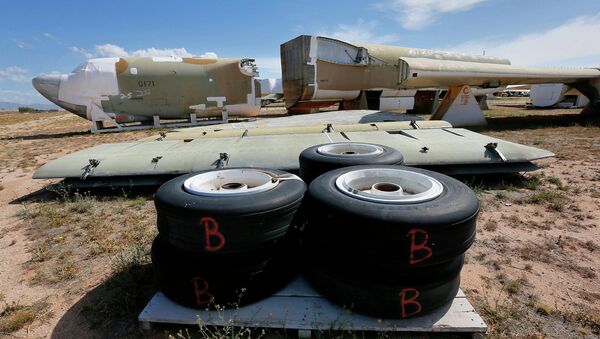The Russian-US Intermediate-Range Nuclear Forces Treaty (INF) collapse casts a shadow over the Strategic Arms Reduction Treaty's (New START) extension, Russian Foreign Minister Sergei Lavrov has said in a statement.
"Washington has embarked on dismantling agreements in the field of arms control. Following the collapse of the Anti-Ballistic Missile Treaty, an agreement on medium-range and shorter-range missiles is next. After that, problems with extending the duration of the agreement on strategic offensive arms", Lavrov said, speaking at a meeting of the Council on Foreign and Defence Policy.
According to him, all this will have detrimental consequences not only for those areas that were regulated by these treaties, but also for the remaining mechanisms in the field of nuclear disarmament and non-proliferation, meaning the Comprehensive Nuclear-Test-Ban Treaty (CTBT) and the Non-Proliferation Treaty (NPT).
"In essence, by assessing Washington's actions in this area, one could conclude that the proponents of launching a new arms race have gained the upper hand. [Russian] President [Vladimir] Putin has reacted to these processes multiple times, and I would like to stress once again that there is no way that Russia could ever get involved in this costly exercise", the minister added.
The New START agreement between the US and Russia went into force in 2011 and covers a 10-year period with the possibility of a five-year extension. It is based on several previous joint non-proliferation arrangements and limits the number of deployed intercontinental ballistic missiles, submarine-launched ballistic missiles, nuclear-armed bombers, and nuclear warheads.


